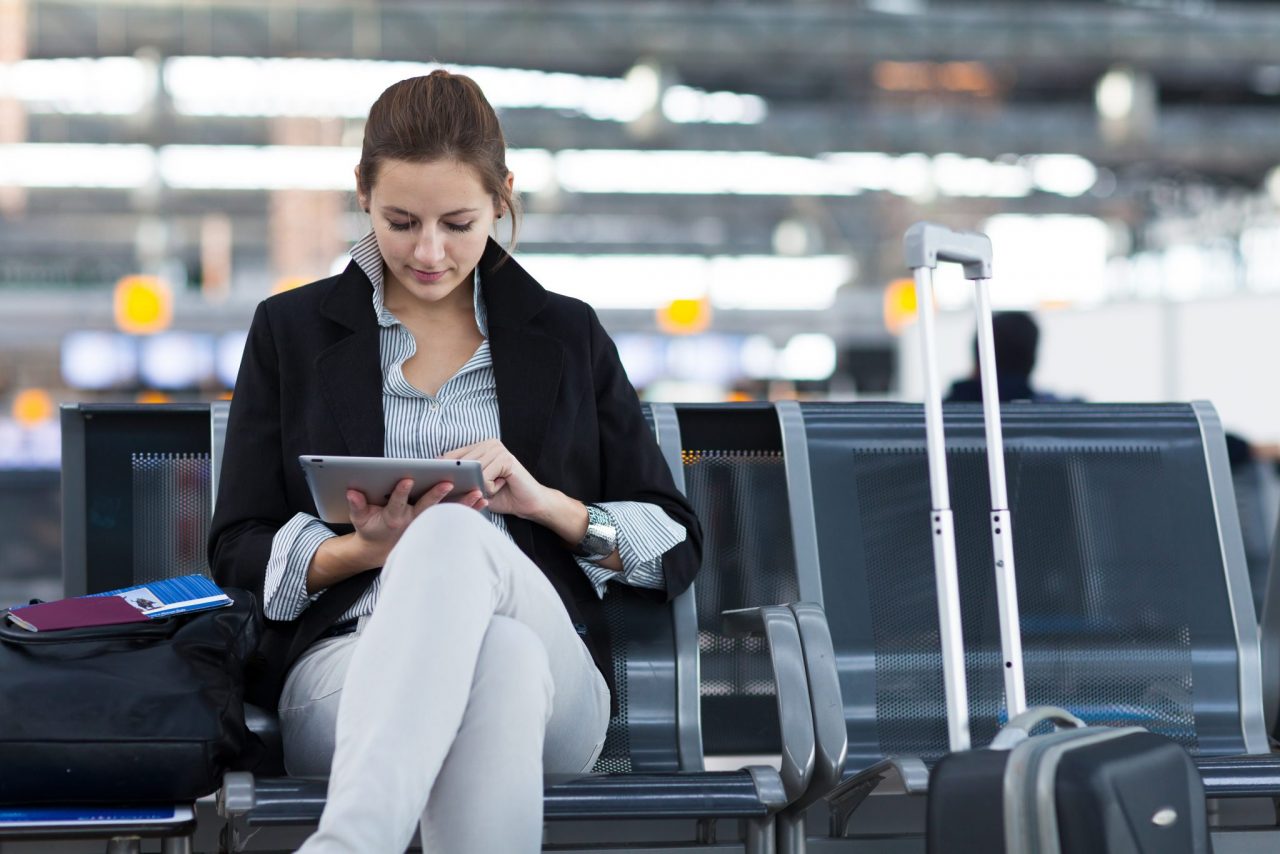If you’ve never been pregnant or been around a pregnant woman, you may not think that much needs to be altered when it comes to traveling. After all, how hard can it be? Prior to becoming pregnant, I was that person that questioned why there were parking spaces for Expectant Mothers. I’d say things like, “Pfft…if they are THAT pregnant, maybe they shouldn’t be out and about.” Oh boyyy, let’s just say ignorance is bliss and I am totally biting those words now. With 8 months of pregnancy behind me and having had my fair share of air and road travel, I feel pretty confident in sharing some of the tips that I’ve learned a long the way. If you or someone you know is expecting, do them a favor and pass this post over to them. I would have loved to know these things prior to being pregnant.
– Air travel is usually okay the first 2 trimesters but pregnant women should always check with their doctors first. Many airlines don’t have many problems with pregnant women flying but things get a little tricky around the 3rd trimester. Be sure to call the airline first before booking your flight. Some are okay with flying up to 36 weeks but only with a note from your doctor.
– For mamas dealing with morning sickness, those little sick bags stuffed in the pockets of airplane seats can be your best friend. Even when you aren’t flying! I asked my flight attendant for about 10 and they come in quite handy anytime you start feeling sick.
– Keep snacking. Whatever mode of transportation you’re taking, keep your energy levels high by always carrying a snack with you.
– If road tripping, take several breaks. I’ve had more than my fair share of road trips during this pregnancy and while I could typically drive 4 hours without a break, it is almost impossible to do while pregnant. Every hour or so, get out and stretch those legs. Besides, even if you don’t think you need to, your bladder may say otherwise.
-Consult with your doctor before making any travel arrangements. Even if you’ve had a healthy pregnancy and feel great, your doctor will still want to talk to you about precautions that can help keep you and your baby safe.











